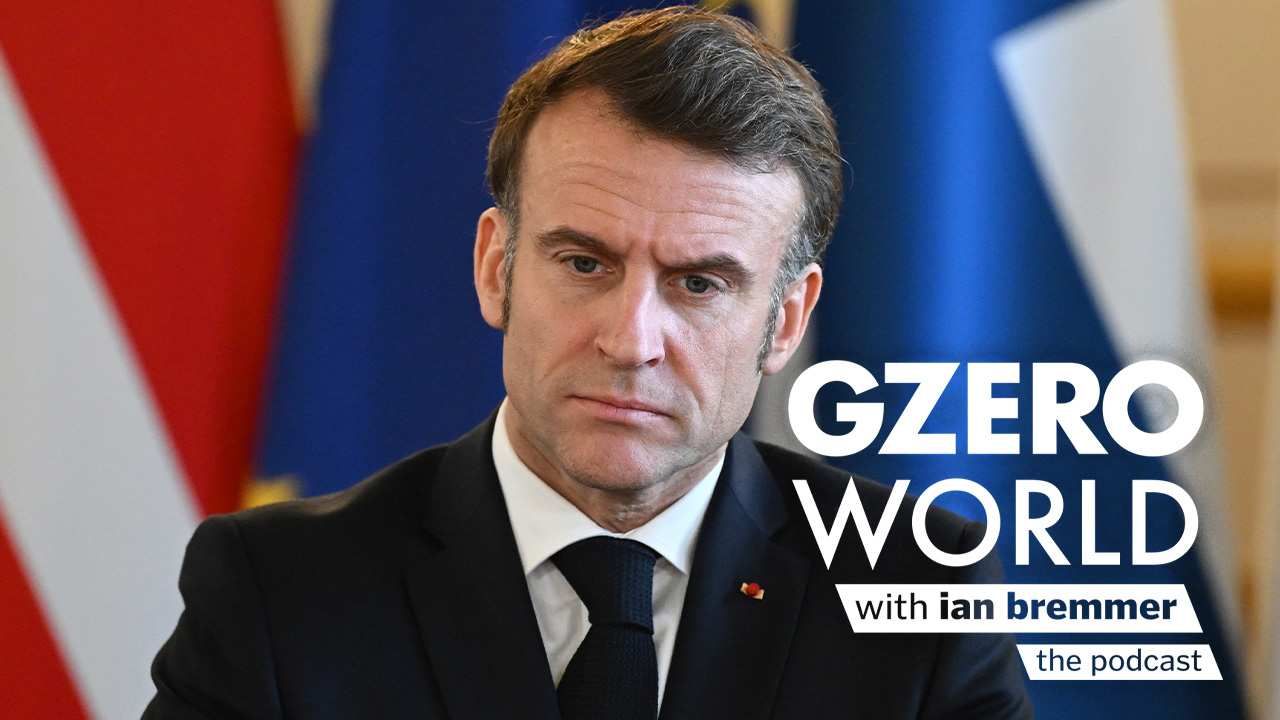What's Good Wednesdays
May 06, 2025
(Yes, dear readers, we used to call this Humpday Recs™ – but we’re trying out some new names, bear with us.)
Watch: Veer-Zaara: I recently rewatched this Indian cinema classic from 2004, and immediately remembered why it’s my favorite Indian movie of all. The drama unfolds as an Indian Air Force officer wrongly imprisoned for 22 years in Pakistan is given a chance to fight his case. In his story, we learn of his romance, just before he was arrested, with the betrothed daughter of a Pakistani politician. Two decades after its release, the film’s dialogues are as impeccable and timely as ever – a sensitive portrayal of the fraught relationship between India and Pakistan, two countries once again on the brink of war. - Suhani Lakhotia
Read:The Sparrow blends sci-fi and faith as Jesuits journey to an alien world, echoing real-world missions from centuries past to "undiscovered" lands like Japan and the New World. With the Catholic Church bidding farewell to its first Jesuit pope and now deep in conclave talks to pick a new one, the novel feels newly resonant—grappling with discovery, suffering and belief at civilization’s edge. - Alex Gibson
Listen: “Dr Death.” Not to be confused with the key witness in Errol Morris’ “The Thin Blue Line,” this documentary podcast series tells unsettling stories of untrustworthy doctors. It completed its fourth season earlier this year, but none match the original series, which follows the enthralling and harrowing tale of Dr. Duntsch, an unqualified neurosurgeon who keeps getting new jobs at Texas hospitals despite maiming dozens of his patients. – Zac Weisz
Hot-Take of the Week: Zac says “coffee tables are useless and should be banned.”
More For You
Ian Bremmer sits down with former US Ambassador to NATO Ivo Daalder to unpack a historic shift in the transatlantic alliance: Europe is preparing to defend itself without its American safety net.
Most Popular
Think you know what's going on around the world? Here's your chance to prove it.
U.S President Donald Trump, U.S. Vice President JD Vance, and U.S. Secretary of State Marco Rubio pose for a family photo with other representatives participating in the inaugural Board of Peace meeting, at the U.S. Institute of Peace in Washington, D.C., U.S., February 19, 2026.
REUTERS/Kevin Lamarque
Argentina, Armenia, Belarus, Egypt, Indonesia, Jordan, Pakistan, Paraguay, Vietnam – to name only a few.
A poster featuring Andrew Mountbatten-Windsor, formerly known as Prince Andrew, is installed on a sign leading to the parking area of the Sandringham Estate in Wolferton, as pressure builds on him to give evidence after the U.S. Justice Department released more records tied to the late financier and convicted sex offender Jeffrey Epstein, in Norfolk, Britain, February 5, 2026.
REUTERS/Isabel Infantes
British police arrested former Prince Andrew Mountbatten-Windsor today over allegations that in 2010, when he was a UK trade envoy, he shared confidential government documents with convicted sex offender Jeffrey Epstein.
© 2025 GZERO Media. All Rights Reserved | A Eurasia Group media company.
